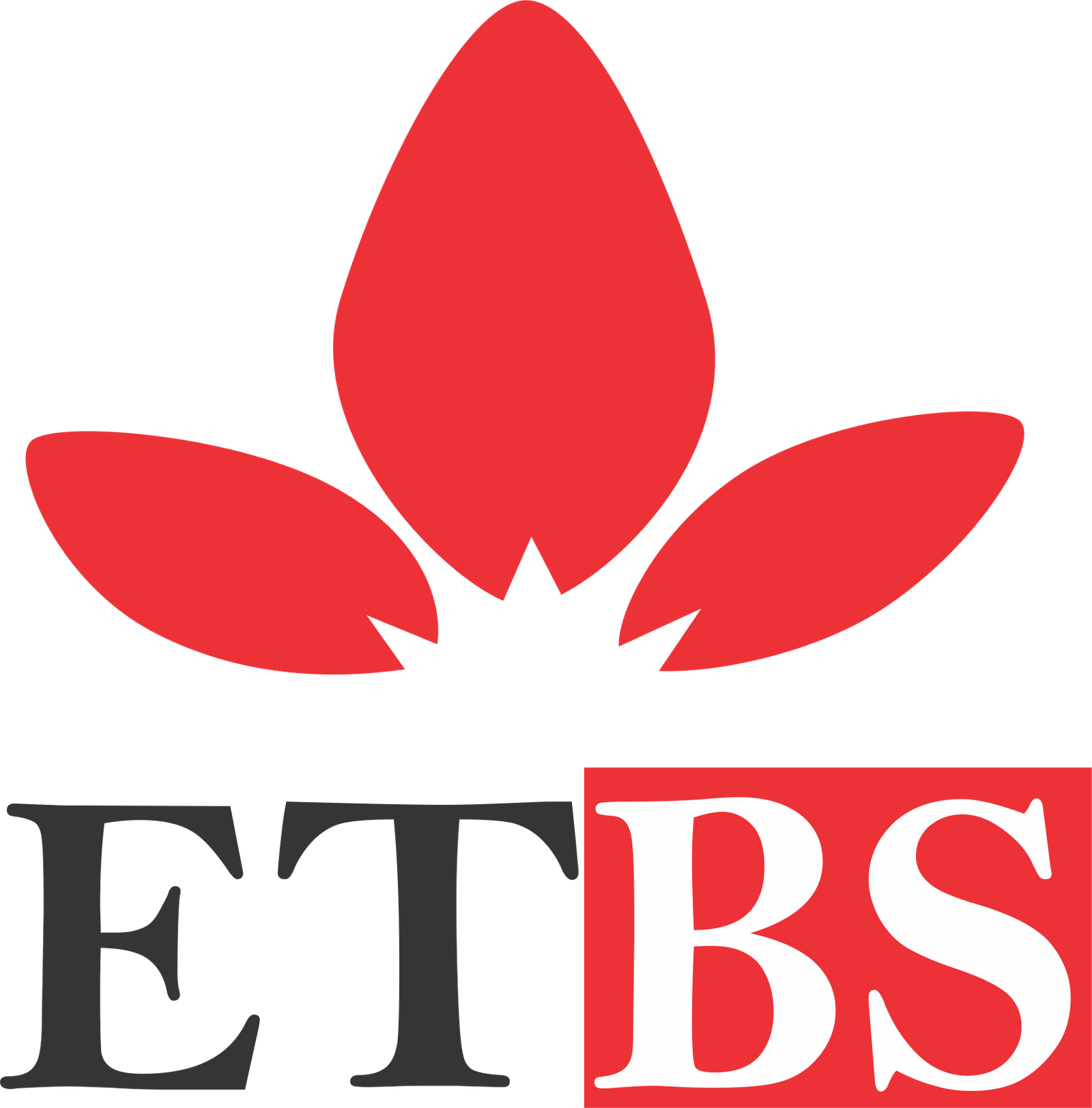 EarthTab Business School
EarthTab Business School
☰
|

Welcome to EarthTab Business School. My name is Seyi Balogun and i will be your preceptor for the course Nigerian Government and Politics. The course “Nigerian Government and Politics” offers a comprehensive, multi-dimensional, and deeply analytical examination of the political and governmental structure of the Federal Republic of Nigeria. It is not merely a theoretical study of institutions and constitutions, but a richly contextualized engagement with the practical realities, historical foundations, ideological conflicts, institutional behaviors, ethnic diversities, and political dynamics that have defined Nigeria’s past and continue to shape its present and future. This course begins with an in-depth exploration of the pre-colonial political systems of the diverse Nigerian ethnic groups, from the centralized kingdoms of the Yoruba and Hausa-Fulani to the acephalous societies of the Igbo. It then traces the inception of colonial administration, amalgamation in 1914, and the development of indirect rule, an administrative policy that deeply influenced post-colonial governance patterns. It further details the nationalist struggle for independence, the crafting of various constitutions (1946, 1951, 1954, 1960, 1963), and the rise of ethnic-based political parties that formed the First Republic. The course dissects the three arms of government (Executive, Legislature, Judiciary) in extensive detail, showing how each has evolved constitutionally and functionally from colonial rule to post-independence Nigeria. You will examine: The presidential system of government introduced in the Second Republic (1979) Checks and balances and separation of powers under Nigeria’s 1999 Constitution The role of ministries, parastatals, and regulatory agencies The powers, limitations, and independence of the judiciary Federalism in Nigeria is a cornerstone of this course. The country’s transition from a unitary colonial system to a federation with 36 states and 774 local governments is reviewed. Learners will analyze: The rationale and challenges of ethnic federalism Revenue allocation formulas and fiscal federalism The role of federal character, quota system, and zoning Tensions between the center and the peripheries (state autonomy vs central control) No study of Nigerian politics is complete without addressing the military interregnum. This course explores: The series of military coups and their ideological justifications The impacts of military rule on political institutions, civil liberties, and rule of law The transition processes leading to the Second Republic (1979), Third Republic (aborted), and Fourth Republic (1999–present) The dynamics of civil-military relations and the professionalization of the armed forces The course carefully evaluates Nigeria’s electoral journey, including: INEC and electoral reforms Voter registration, polling units, vote buying, and electoral violence The evolution of political parties: from Action Group (AG) and NCNC to PDP, APC, LP, etc. The increasing participation of youth and marginalized groups The role of judiciary in electoral disputes Special focus is given to how civil society organizations, the press, and new media have shaped governance and accountability. You will explore: NGO advocacy, activism, and citizen mobilization The media as a watchdog and political educator Social media and digital democracy (e.g., #EndSARS, political campaigns, disinformation) You will critically engage with: The structure, amendments, and criticisms of the 1999 Constitution The problem of leadership deficit, neopatrimonialism, and prebendal politics Corruption and anti-corruption agencies (EFCC, ICPC, Code of Conduct Bureau) Case studies of governance failures and successes The course ends with robust discussions on: Insecurity (Boko Haram, banditry, herder-farmer clashes) Ethnic and religious tension Calls for restructuring, devolution of powers, and constitutional reform Nigeria’s foreign policy, regional integration in ECOWAS and AU Youth movements, gender participation, and democratic resilience Skills & Competencies Developed By completing this course, you will: Understand key concepts of governance and political behavior Gain critical insight into the structure and function of Nigerian political institutions Be able to interpret and analyze political developments using appropriate theoretical tools Develop civic knowledge and become more informed citizens or leaders Understand the challenges and prospects for democratic consolidation in Nigeria Political Science and Public Admin students Secondary School Government Teachers Civil servants and political aspirants NGO, Media, and Civil Society workers General Nigerian citizens interested in political literacy I look forward to congratulating you upon completion of this course.COURSE OVERVIEW
Historical Context
Structural and Institutional Analysis
Federalism and Intergovernmental Relations
Military and Democratic Transitions
Electoral System, Political Parties & Participation
Civil Society, Media, and the Public Sphere
Constitutionalism, Corruption, and Leadership
Contemporary Political Challenges
Target Audience

Unlocking Professional Potential through world-class assessments and industry-ready training.
"Empowering Professionals through practical, accessible online business education"
- Blessing Princess Agho
 Founder/Lead Instructor
Founder/Lead Instructor